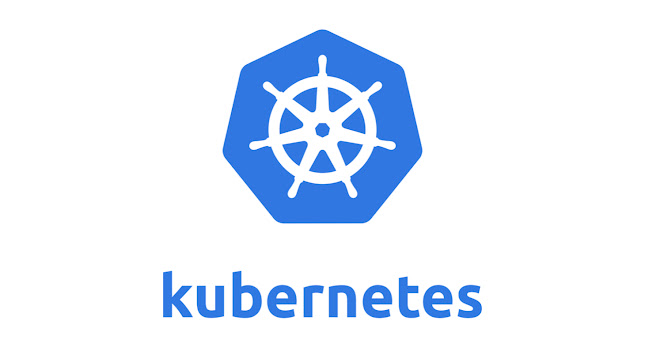NVMe Disk Vs SSD Disk

Computer storage devices are extremely significant. They store digital data as well as keep track of the media that is present in the device. It's built right into the computer's hardware. A computer's normal operation would be impossible without storage. Solid-state drives (SSDs), whether traditional SATA or more advanced NVMe, are an essential component of any modern PC. Knowing the differences between these two types of SSDs is also crucial since they can have a significant impact on the cost, size, and performance of your system. Although all SSDs are faster than traditional hard drives, there are several significant distinctions between NVMe and SATA SSDs to consider. NVMe Disk NVM express created the first NVMe interface. It began in 2011 and has now lasted ten years. After people encountered various problems with solid-state disks, they felt compelled to create the interface. NVMe must be physically attached to the storage media, much as SSDs. NVMe, unlike SSDs, can

